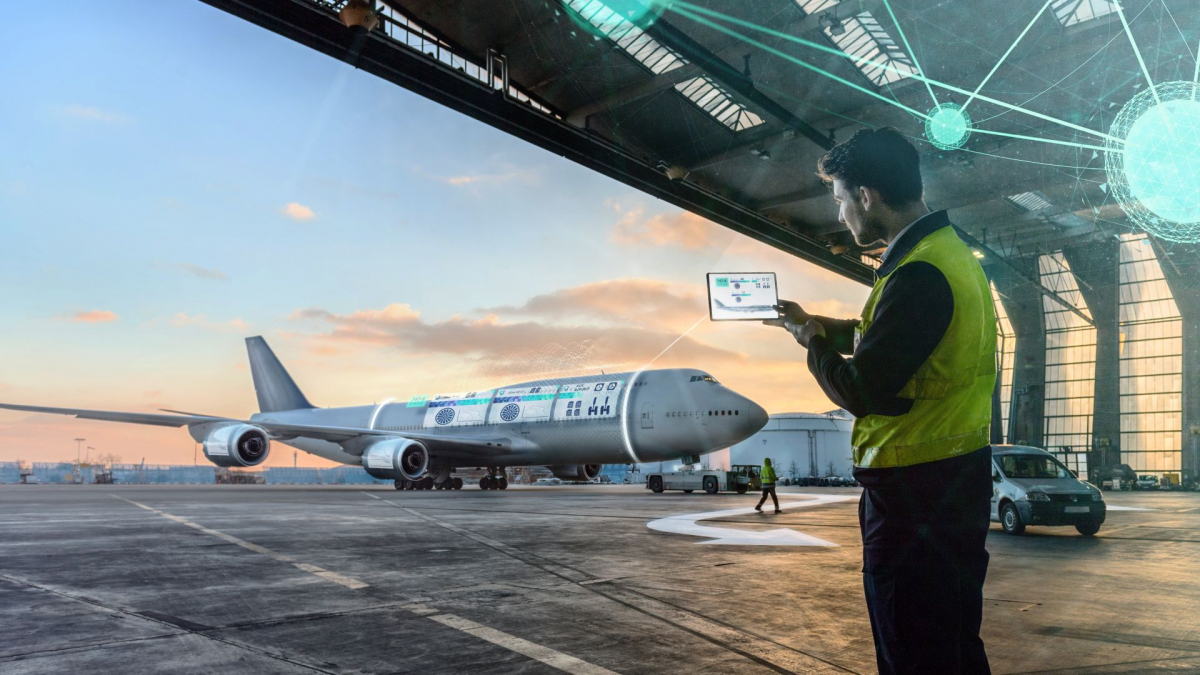Lufthansa Technik sets up 5G networks to perform maintenance operations in its Hamburg base.
Lufthansa Technik’s Hamburg base is now provided with 5G networks. The German MRO service provider has decided to rely on this technology to offer new solutions to both technicians and customers. For testing the technology, the company has set up two separate private 5G networks serviced from a completely independent infrastructure, with its own antennas and servers that can only be accessed by Lufthansa Technik, with different technology and network providers (Vodafone and Nokia). The company is thus the first outside Asia to operate a fully-fledged standalone 5G network based on the new standard (3GPP Release 16) in an industrial environment. This enables higher security and a completely free configuration, which allows Lufthansa Technik's own 5G networks to be adapted to the requirements of the respective evaluation projects, for example in the ratio of upload and download bandwidth.
Two innovation projects to test 5G.
In February, the 5G private wireless networks have been put into operation for two innovation projects in the field of VIP completion and engine overhaul at the Hamburg base.
One project uses augmented reality to virtually visualize the 3D design data of the planned cabin interior in empty aircraft fuselages. By means of live data transmission, the technicians on site always have the opportunity to check the current position of all planned components and, additionally, to coordinate any necessary changes with the developers through collaborative video functions.
In the second project, the "Virtual Table Inspection", customers can remotely attend the inspection of engine parts and no longer have to travel to Hamburg for it. For this purpose, they are guided directly through the engine shop by means of a mobile device. Via a video stream they can communicate in real time with the engine mechanics performing the work, inspect the dismantled parts in high-resolution on the screen and make the appropriate order decisions.
Lufthansa Technik comments: “Both projects have a very high demand for bandwidth for wireless data transmission, which could not be covered adequately by the previous 4G and Wi-Fi technologies. The public 4G upload rate was often no longer sufficient for high-resolution video streams, and the Wi-Fi standard, as an alternative, is not designed for a change of location between individual cells, which previously often led to connection terminations.” The German MRO service company adds: “If 5G proves successful with the users in the two innovation projects, the technology will be rolled out to other Lufthansa Technik divisions in the near future so that its advantages can also be used in daily aircraft maintenance operations.”

